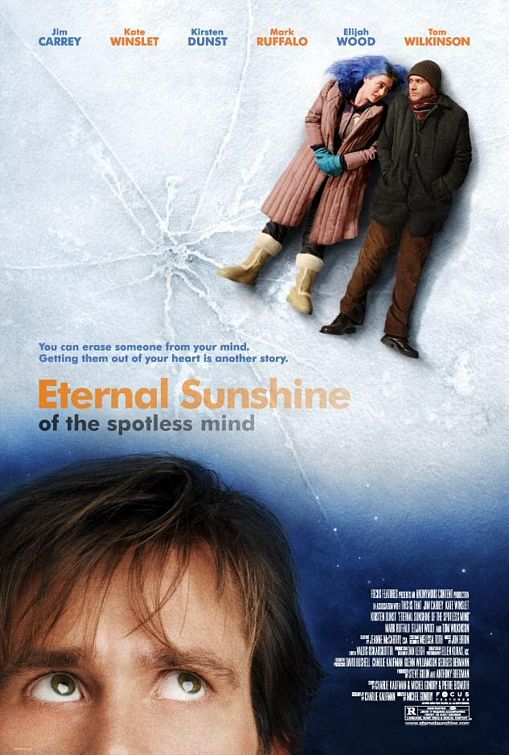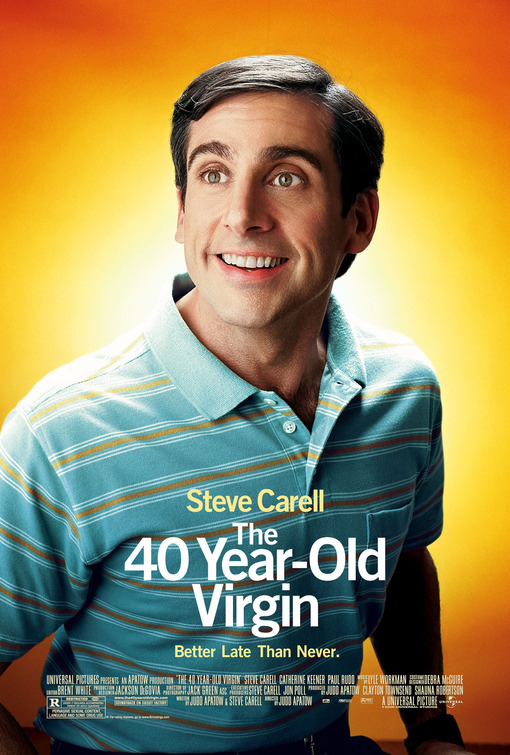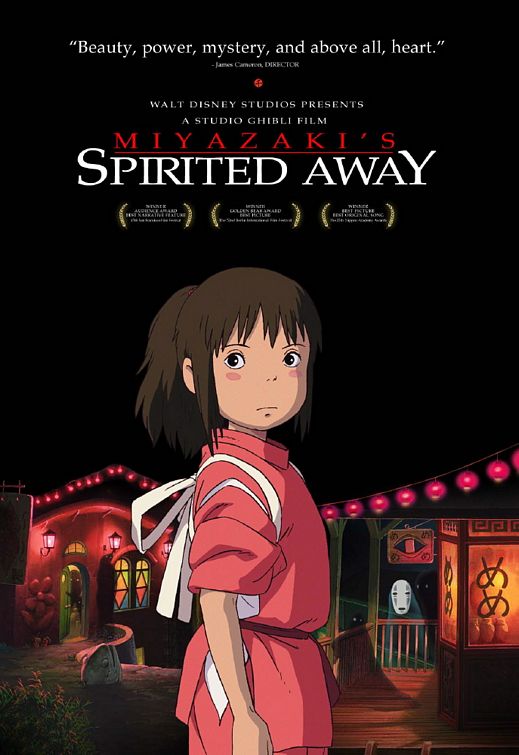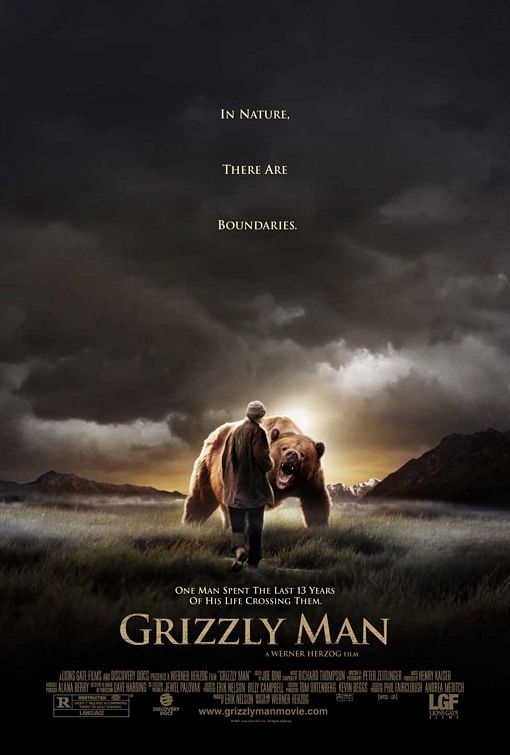20.) OLDBOY (dir. Park Chan-Wook)

my thoughts here. though i will reiterate that this film endures not only because of how absurdly slick it is, but also because of its moral intrigue. a deceptively cerebral and emotionally involved film that has as much on its mind as any of Park’s films… here, however, the questions are just as difficult to elucidate and grapple with as the answers. oh, also, the sheer virtuosity of the plot mechanics are astounding in their own right.
19.) LORD OF THE RINGS (dir. Peter Jackson)
i don’t have much to add here… these films are the result of one good decision after another (remember when Miramax proposed that Tolkien’s trilogy be condensed into two installments?). the extended editions of these fully realized fantasies are certainly the definitive cuts - and while i feel as if the gripes concerning the manner in which Return of the King reaches its eventual end were largely unwarranted, Fellowship remains my favorite. could have done without the ents in Two Towers, though..
The rest after the jump!
18.) FAT GIRL (dir. Catherine Breillat)

a wonderfully acidic film that so acutely picks apart the myriad ways in which sex - that most deceptively simple of human acts - is complicated and challenged by… well, everything. a short film about two sisters on vacation (one 15 and attractive, the other 12 and responsible for the film’s title), in which the first sex sequence is 25 minutes, and yet in some ways less tender than the rape with which the film anticipates its final shot (in which Breillat - provocateur extraordinaire that she is - acerbically quotes the last image of Truffaut’s 400 Blows), Fat Girl quickly renders adolescent sex both banal and vital. the oft-acknowledged camera makes for particularly uneasy viewing, wherein pubescent girls challenge the psychosexual dynamics to which our society most desperately clings. Breillat doesn’t empower one particular gender so much as she disempowers any narrative which dares not to confound laura mulvey or a cinema boxed by “gazes.” and the film’s controversial finale (after that masterfully ominous highway drive) doesn’t excuse rape so much as it liberates it from its definition… whereas the former would be unforgivably irresponsible, the latter is the work of some productively shocking filmmaking.
17.) ETERNAL SUNSHINE OF THE SPOTLESS MIND (dir. Michel Gondry)

not merely a perfect amalgam of high-concept screenwriting and delightfully inventive direction, the preposterous Eternal Sunshine of the Spotless Mind is is ironically the decade’s most honest depiction of modern romance - not A modern romance or a homogenized distillation of the modern romance as a narrative, but the institution as it exists in the wild. clementine’s often unctuous and intensely self-aware character renders joel (jim carrey’s charlie kaufman proxy) a stone-faced foil for the absurdities of relationships in a world where everyone is subjected to a mess of archetypes and expectations. the supreme achievement of the screenplay is not the fluid execution of its memory-bending conceit but rather how that conceit allows for a convincing love story that excuses most love stories (it exposes common elements of co-mingling so silly that the ridiculousness of the memory-erasing service is smiled at rather than challenged) . cohering into a mutual resignation that’s made all the more powerful by its simplicity (“okay.”), the film excuses entire generations of their behavior in detailing their sage resolve and tender helplessness. gondry’s hectic, fanciful direction charmingly juggles a bouquet of sub-plots and tones while never interfering with the uniformly perfect performances of his cast.
16.) BLIND MOUNTAIN (dir. Li Yang)

a frigid critique of modern rural china as well as a feminist prison film wrapped in a pulpy b-movie winter coat, Li Yang’s second feature film (Blind Mountain was his first, which was pre-dated by an array of documentaries) is brave and harrowing cinema. a pretty young woman signs up for a quick job in the countryside… soon after her arrival she’s drugged and sold as a bride to a village in desperate need of future generations. the village feels not entirely dissimilar from that of The Prisoner - allies are illusory and escape is futile. moreover, the woman is repeatedly raped by her “husband” and all in all is not really having the best life ever. her repeated escape attempts are harrowing stuff, and Huang Lu’s central performance is devastatingly invisible. a violently humanist peek at one of the most frequently ignored of personal tragedies, Blind Mountain is a brave film that confronts a world in which morality is suffocated under circumstance. and the abrupt and bloody ending will make fans of Death Proof’s denouement scream with delight.
15.) 25TH HOUR (dir. Spike Lee)

the decade’s most criminally under-appreciate major american film is also for my money Spike Lee’s best film (though be sure to remember that i’m woefully unemployed). adapted from david benioff’s novel and adapted by the author himself (in an effort that towers over his subsequent hack work), the story of a man’s last day before a 7-year prison stint for drug peddling is impressively wide-reaching for such an astute character study. clinically dissecting modern manhood as if the concept were a cold cadaver, Lee’s volatile film - introduced to the viewer through the blue beams of Ground Zero’s “Tribute in Light” - remains post-9/11 cinema’s finest elegy of innocence and hope. Edward Norton’s indelible lead performance spews frustration in every which direction before eventually turning it in upon himself and his own failings… in this extremely chatty film it’s an unspoken sorrow that rules the roost, hanging its bloodied head in a penultimate sequence in which the bonds of friendship are savagely perverted by a world in which even the best things can hurt. and the sobering fantasia with which the film ends is devastating not only with its imagery but also with its duration, protracted just enough to blight out the inevitable before returning to it with a beleaguered sigh of a final shot. it’s an honest film but not a cynical one - a film that allows you to aimlessly marvel at how close “this life came to never happening.”
14.) THE 40 YEAR-OLD VIRGIN (dir. Judd Apatow)

according to my list, this is the best single film that the major arm of an american studio released this decade. The 40 Year-Old Virgin. really. so deeply and genuinely good that the extent to which it reshaped the comedy landscape is invariably a mere afterthought. comedy is a subjective beast, and so for me to say that (for me) this is the funniest movie i’ve ever seen says far more about my friends, circumstances, and the pathology of my disposition than it does the history of comedies. the ubiquity of this film (particularly on cable) and the subsequent extent to which it has infested my vernacular is not to be underestimated. that being said, the sincere sweetness and wisdom on display in judd apatow’s feature-length debut should not be discounted because its expressed through such brilliant dialogue as “if jack palance looked like that lady, i would want to fuck jack palance right now.” i mean, yeah, the cast is magical… the cadence of every line perfectly considered and the comedy layered in ways that reward that 300th viewing. but seriously, the comedy - sophomoric as some of it appears to be - is so relentlessly successful because of how honest it is… clever and deceptively sophisticated while never betraying either its characters or how people manage to relate to one another in a culture complicated by culture. and if you don’t like it you can go fuck a goat.
13.) SPIRITED AWAY (dir. Hayao Miyazaki)

the incomparable Hayao Miyazaki’s greatest masterwork? that it’s even a question is a testament to the supreme genius of his imagination… cinema’s most transcendent purveyor of animated worlds doesn’t make films so much as he reveals portals, and few of his portals lead to places as rich and profoundly wistful as the bathhouse into which little Chihiro wanders. a domain of spirits which nostalgically recalls an old Japan with a diffusive palette unequaled in other Miyazaki films, it’s in the bathhouse that the little heroine must forge herself a new identity in order to navigate an unrecognizable and disarmingly dangerous world. superimposing cultural mores and grasps for national identity over his usual concern with the environment, Miyazaki spins his most sophisticated tale, relying on folkloric structures to sidestep confusion. and the trip to zeniba’s house is among the more beautiful sights ever imposed on celluloid.
12.) SECRET SUNSHINE (dir. Lee Chang-Dong)

it’s a bit of a travesty that yet another Lee Chang-Dong masterpiece had no domestic life here in the States beyond the New York Film Festival (it’s not even available on region 1 DVD, though I’ve proposed the idea to Criterion and they seemed curiously receptive…). this - his finest film - finds a young widow (the world-rocking Jeon Do-Yeon) and her son relocating to a rural Korean town in order to start their lives. the first hour of the rather luxurious and choppy narrative finds the duo acclimating to their new environs, but in a heartbeat the smooth rhythms of the Korean New Wave are disrupted by a calamitous vertigo of faith and grief more akin to the work of Lars Von Trier. in a decade teeming with phenomenal South Korean films, this was the best. an immensely enigmatic experience that registered and settled with me like few films ever have, Secret Sunshine is undoubtably worth the trouble to see. for a more involved and agreeable take, clickity-clack.
11.) GRIZZLY MAN (dir. Werner Herzog)

i wrote my thesis on the man (herzog, not timothy treadwell) and simply don’t have the interest or energy to devote all that many more words to the man in the midst of some hot listing action. herzog has an unparalleled knack for discovering or otherwise fashioning ideal partnerships between subject and artist, and with Grizzly Man his calculated fortuity makes for some tragically sublime cinema. the scene in which herzog listens to the audio of treadwell’s death is a self-contained storytelling masterclass.







0 comments:
Post a Comment